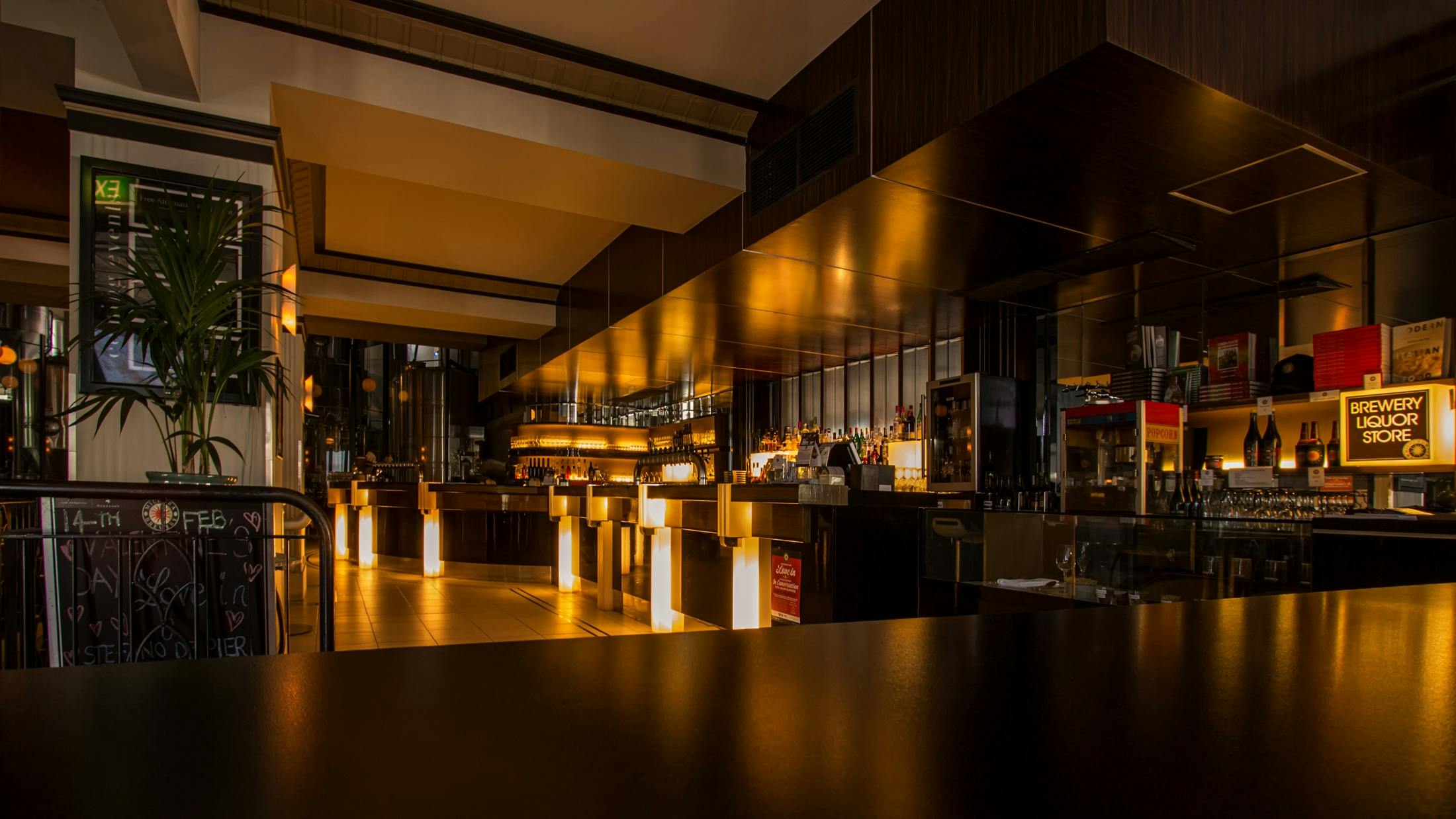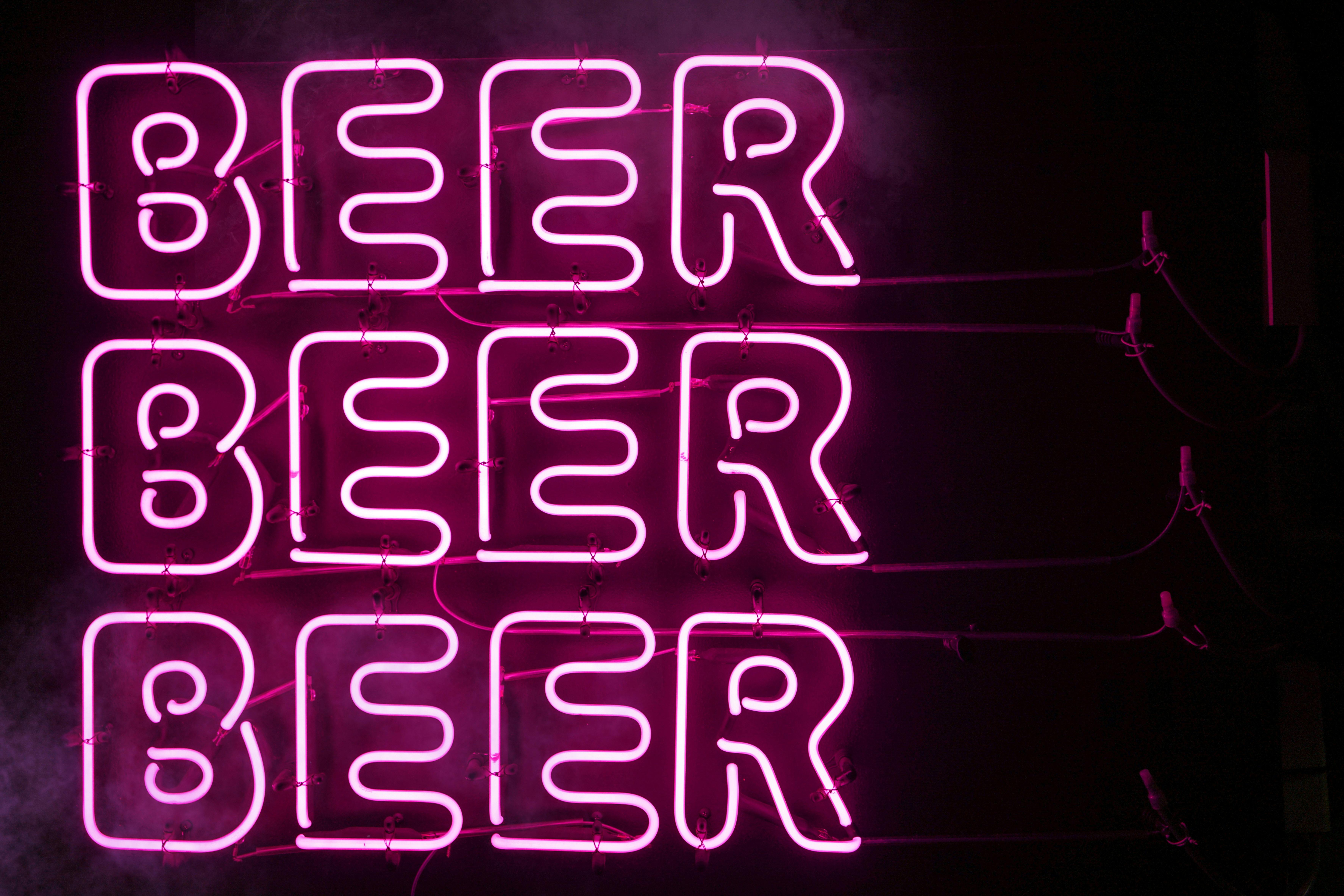Distillation is a process used to separate alcohol from a mixture of other liquids or solids. It works by boiling the liquid and then condensing the vapor back into a liquid form. The vapor contains the alcohol, which has a lower boiling point than other components in the liquid, so it vaporizes first and can be collected separately. This process is repeated until all of the alcohol has been separated from the rest of the mixture.Alcohol distillation is a process used to purify and concentrate the alcohol content of a liquid by separating the components of the liquid through boiling, condensation, and collection. Distillation works by heating a liquid such as beer or wine until it boils, then condensing and collecting the resulting vapor. The vapor contains higher concentrations of alcohol than the original liquid. The collected vapor is then cooled back into a liquid form and is known as distilled alcohol.
Alcohol Distillation
Alcohol distillation is the process of separating alcoholic beverages into various components. It involves boiling the liquid, collecting and cooling the vapors, and condensing them back into liquid form. The distillation process can be used to make both alcoholic beverages and industrial products such as ethanol, methanol, isopropyl alcohol, and other chemicals. The process can be divided into two steps: fermentation and distillation.
During fermentation, yeast consumes the sugars in a mixture known as “wort” or “wash” and converts them into alcohol. This is typically done in a sealed container to prevent air from getting in and contaminating the mixture. Once the fermentation process is complete, the wash is ready for distillation. In this stage, liquid is heated until it turns into a vapor which then rises up through a long tube called a column or still. As it rises up through the column, different components of the vapor condense at various points due to their different boiling points. This allows for separation of these components which are collected at different points along the tube.
The final product of alcohol distillation is typically
Types of Distillation
Distillation is a process used to separate the components of a liquid mixture based on their boiling points. It is a common technique used in laboratories and industry to purify volatile compounds, extract essential oils from plants, and create alcoholic beverages. There are many types of distillation processes, each with its own unique features and applications. The most common types of distillation processes include fractional, steam, vacuum, and azeotropic distillation.
Fractional distillation is the simplest form of distillation and involves heating a mixture until the components with lower boiling points evaporate first. The vapors are then cooled and condensed into a separate container, leaving behind any heavier components that have higher boiling points. This method is most often used to separate petroleum products such as gasoline or kerosene from crude oil.
Steam distillation uses steam to evaporate the lighter components in a liquid mixture while maintaining the temperature below the boiling point of water. This allows for the extraction of essential oils from plant materials without destroying the delicate compounds that give them their flavor and aroma. It is also used to produce alcohols
Simple Distillation for Alcohol
Simple distillation is the process of separating out a liquid from a mixture of liquids. This process is used to separate alcohol from a mixture of water and other liquids, such as fermenting beer or wine. In a typical distillation setup, the mixture is heated until the alcohol vaporizes and then cooled until it liquefies and is collected. The process is repeated until all of the alcohol has been separated out.
The amount of separation achieved through simple distillation depends on the boiling point difference between the liquid and any other components in the mixture. Alcohol has a lower boiling point than water, so it can be separated out by heating the mixture until it reaches its boiling point and then collecting the vaporized alcohol as it condenses back into liquid form. This process can be improved by adding additional components to the mixture, such as salt, which lowers the boiling point of water and makes it easier to separate out the alcohol.
The advantage of simple distillation for separating alcohol from a liquid mixture is that it does not require expensive equipment or extensive training to carry out. It also yields relatively pure results, although some contaminants may remain in the final product
How Does Fractional Distillation Work for Alcohol?
Fractional distillation is a process used to separate mixtures of liquids with different boiling points into their individual components. It is commonly used in the production of alcoholic beverages, such as whisky or rum, to separate the alcohol from the water. The process works by heating the mixture of liquids until it is vaporized and then cooling it in a condenser so that it liquefies again. The different components will condense at different temperatures due to their different boiling points and can then be collected separately.
The fractional distillation process relies on the fact that alcohol boils at a lower temperature than water. As the mixture of liquids is heated, the alcohol will vaporize first, leaving behind any impurities that are present in the mixture. This vapor is then cooled and condensed back into liquid form. The condensed liquid contains only alcohol and can be collected separately from the remaining liquid, which contains mostly water.
The fractional distillation process can also be used to purify other types of mixtures, such as essential oils or perfume ingredients, by isolating individual components with different boiling points. In addition,

The Benefits of Distilling Alcohol
Distilling alcohol has many benefits, both for the producer and the consumer. Distillation is the process of separating liquid components by heating them to a boiling point and then collecting the vaporized constituents. This process allows distillers to separate alcohol from other liquids, such as water, creating a higher concentration of alcohol in the distilled product. Distilling also eliminates impurities, producing a more consistent product with fewer contaminants.
For producers, distillation provides an opportunity to produce quality beverages and create a larger profit margin. The distilled products can be sold at higher prices due to their higher concentrations of alcohol and lower levels of impurities. Additionally, distillers are able to control the flavor profiles of their products by manipulating the time and temperature at which their beverages are distilled. With this control comes an ability to produce unique alcoholic beverages that appeal to customers’ desires for specialty flavors and styles.
For consumers, there are several benefits associated with consuming distilled alcohol products. The high concentration of alcohol in these products means that consumers can get more bang for their buck; less product is needed for an equivalent amount of intoxication when compared to other forms of alcoholic beverages.
What Equipment is Used for Distilling Alcohol?
Distilling alcohol requires several pieces of specialized equipment. The most important piece of equipment is a still, which is used to separate the alcohol from the water in a liquid mixture. Stills come in many shapes and sizes, ranging from small home stills to large commercial stills. Other necessary pieces of equipment include a heat source (such as a gas burner), containers for collecting the distillate, thermometers for monitoring temperatures, and hydrometers for measuring alcohol content. Additional items such as filters, chillers, and condensers may be used depending on the type of distillation process being used. All of these components are necessary to ensure that the distillation process is conducted safely and accurately.
Is Home Distilling of Alcohol Legal?
Home distilling of alcohol is generally illegal in many countries due to safety and taxation reasons. Despite being illegal, home distilling has been practiced for many years, primarily for recreational purposes. In some countries, it may be legal to distill alcohol for personal consumption as long as the proper permits and licenses are obtained.
In the United States, laws regarding home distilling vary from state to state. Generally speaking, it is illegal to produce or distribute alcoholic beverages without a license from the Alcohol and Tobacco Tax and Trade Bureau (TTB). However, some states may allow individuals to produce small quantities of distilled spirits for personal use without a license if certain requirements are met.
In addition to obtaining a license, home distillers must also comply with specific safety regulations. These regulations include proper labeling of products, proper storage and handling of alcohols and other substances used in the distillation process, as well as limits on the amount of alcohol produced per year.
The penalties for producing or distributing alcoholic beverages without a license can be severe. It is important to understand the laws in your area before attempting any form of home dist

Conclusion
Distillation is a process that has been used to separate mixtures of liquids for thousands of years. It is a simple yet effective way to separate alcohol from water, making it easier to consume and preserve. During the distillation process, the liquid mixture is heated until it forms a vapor, which then condenses and is collected in another container. The alcohol has a lower boiling point than water, so it will vaporize first and can be collected separately.
The distillation process requires precise temperatures and conditions in order to produce a high-quality product. By controlling these factors, distillers are able to produce a variety of alcoholic beverages with different alcohol content levels. Distillation is an essential step in making alcoholic beverages, as it allows for the removal of impurities that can affect the taste and aroma of the final product.
Overall, distillation is an important process for producing safe, high-quality alcoholic beverages. It helps to remove impurities from liquid mixtures, allowing for the creation of unique flavors and aromas that would not otherwise be possible. Distillation also makes it possible to separate out higher proof alcohols from lower proof ones, allowing for greater

